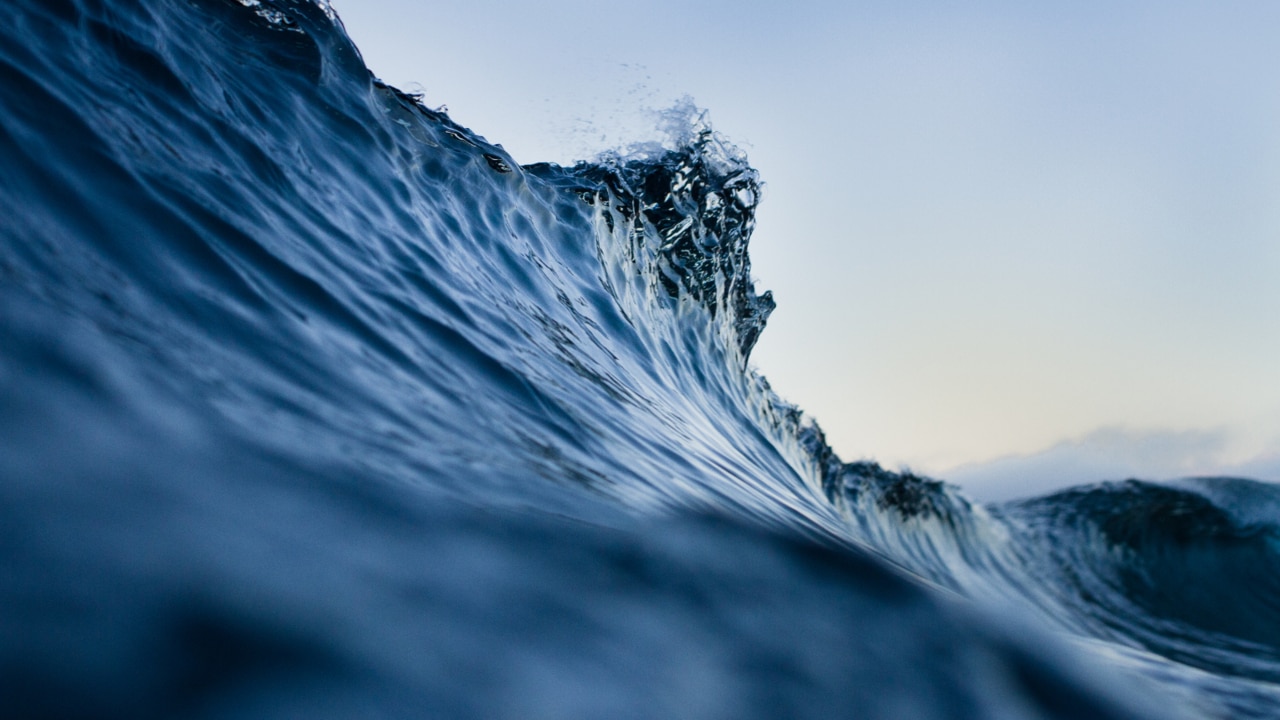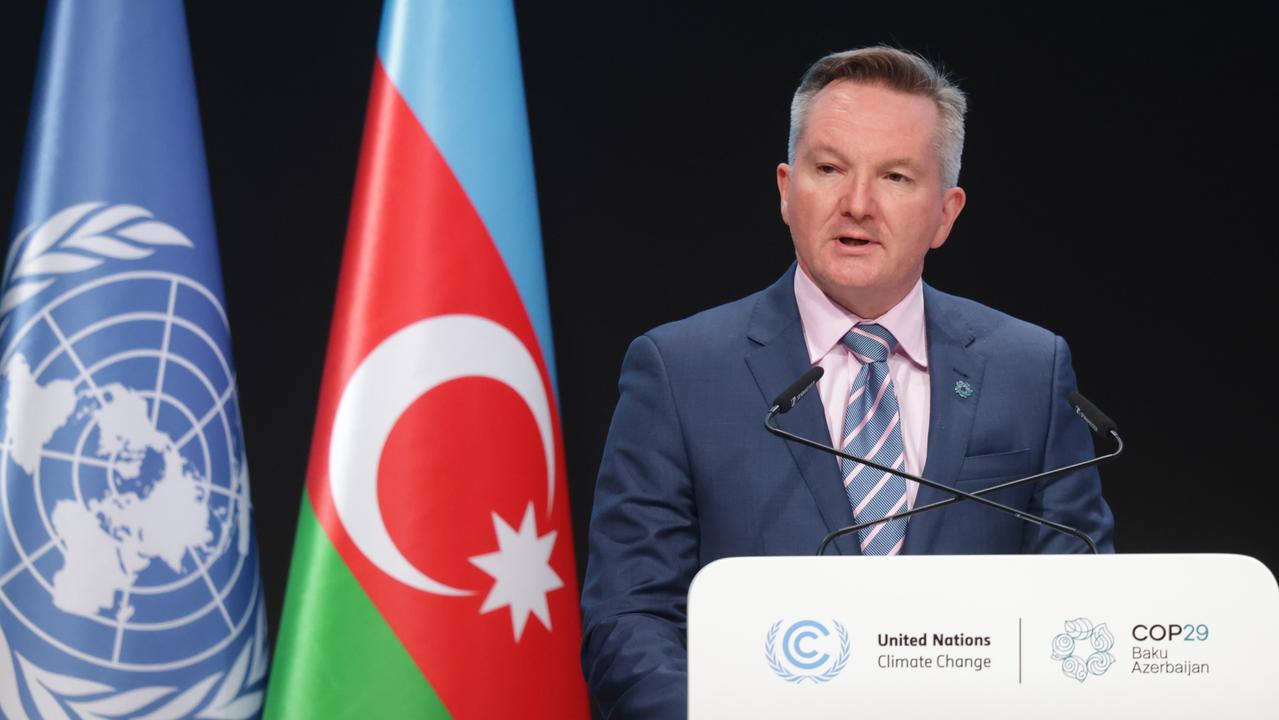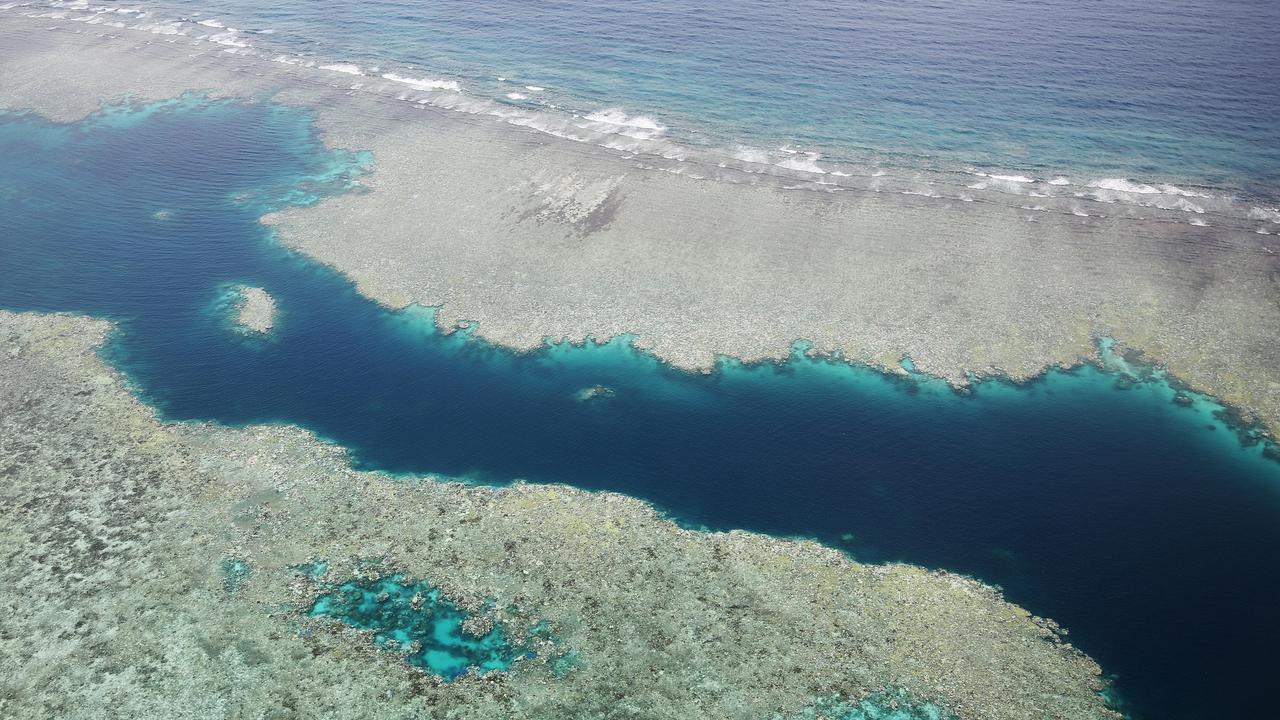Our biggest water wasters revealed
With drier than usual conditions forecast, an unexpected group been exposed as the most wasteful when it comes to saving water.

Environment
Don't miss out on the headlines from Environment. Followed categories will be added to My News.
They’re renowned as environmental crusaders, out to save the world, but Generation Z has been exposed as the most wasteful age group when it comes to saving water.
With dam levels in the 80 and 90 per cent range in some eastern states, a bunch of junior climate warriors lingering under the shower might not seem like a big deal.
But with the Bureau of Meteorology now officially on ‘El Nino watch’, and forecasting drier than average conditions over the next few months, there are concerns the last few years of superabundant rainfall has spawned a generation who simply don’t know that water should not be wasted.
In a self-reported study organised by the non-profit organisation The Water Conservancy, members of Gen Z (born between 1997 and 2012) were running taps in their kitchens, bathrooms, laundries and outdoors for 127 minutes per day, massively up on the Australian average of 88 minutes.


Long showers, operating washing machines too often, hosing down the car, watering gardens and leaving the tap on while doing the dishes are among the ways in which Aussies are wasting precious H20.
“Our research shows [Generation Z] are the most water wasteful and they do take water for granted, and we know that the reason for that is that they’re the least likely to have experienced a water shortage or a drought, and they also lack core education when it comes to understanding how water gets into their homes,” Water Conservancy CEO Chris Philpot said.
“On the flip side of that, they are very environmentally conscious. They are keen to do the right thing when it comes to sustainability, so we see them as a huge opportunity.”
Sydneysider Fayzon Roberts, 25, admitted he didn’t think too much about water usage at home, but he bucked the generational trend in one clear way.
“I always take cold showers,” he said.
“It’s nice and quick, and it wakes you up. That would be the most I do to conserve water.”

The Water Conservancy launched Water Night in 2020, a sort of Earth Hour for H20, in which participating families agree to keep the taps turned off between 5-10pm for one evening in October.
It sounds simple, but because we use taps “on autopilot,” it can be a surprisingly instructive exercise, Mr Philpot said.
“Even if we’re not in a drought you can give somebody that five-hour window to not use water in their home and that is enough to increase awareness,” he said.
Participating households report using their taps about 10 per cent less after the event.
Water restrictions are currently in place in Perth, where reservoir levels are at 48 per cent.
The dams servicing Adelaide and Brisbane are at 64 per cent and 78 per cent respectively, while water storage for other Australian capital cities is currently above 90 per cent.
But levels can drop surprisingly quickly, Mr Philpot said.
While water levels diminished gradually during the Millennium Drought of the early 2000s, he said, Sydney’s Warragamba Dam plunged from 100 per cent capacity in 2017 to 35 per cent just three years later, prompting rapid escalations in water usage restrictions.
“Comparing those two droughts, which were very different in their duration and extremity, it makes you wonder about what might be coming around the corner now,” Mr Philpot said.
More Coverage
Originally published as Our biggest water wasters revealed





